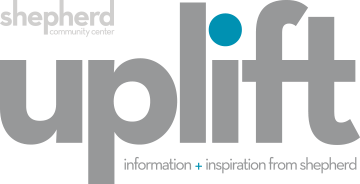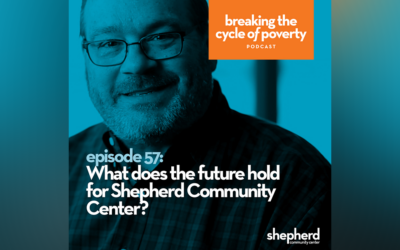Get ready for tough times: Nonprofits must prepare now as risk of recession grows.
A friend of mine, Steve, is an accomplished surfer who has traveled the world to catch the biggest and best waves on the planet. Steve recently shared with me a couple of principles of surfing that apply to many areas of life, including leadership of nonprofit organizations in challenging times.
A growing number of economists have forecast a recession in the United States in the next year. “A recession at the end of the year or early next year is better than even money,” Maurice Obstfeld, a former chief economist at the International Monetary Fund, told MarketWatch in August.
So, how do those of us immersed in leading nonprofit organizations get ready?
Steve’s first principle is that the toughest waves make for the best rides. If you don’t want to take on the big ones, stay home. Or stay on the beach. But if you want to experience the thrill and satisfaction of rising to a big challenge, you need to accept the rough waters – because that’s where we’re best able to accomplish our mission.
The second principle, Steve notes, is that getting ready for those big waves isn’t as simple as grabbing a board, turning on the Beach Boys and hitting the beach. “You have to plan and prepare for the ride of a lifetime,” Steve says.
That’s certainly true in nonprofit leadership as well. Now is the time to prepare for the choppy waters ahead.
In 2008 and 2009, a big and dangerous wave – the Great Recession – hit us at Shepherd Community Center, as it did everyone else. Unemployment in the recession, which lasted 18 months, rose from less than 5% to more than 10%. The Standard & Poor’s 500 lost almost 52% of its value. Housing values fell by 33% and 10 million Americans lost their homes to foreclosure during the recession.
For Shepherd, and other nonprofits, it was both a scary time and a critically important time to fulfill our mission, which is to break the cycle of poverty on the near Eastside of Indianapolis. When people have needs – feeding their families, educating their children, or finding safe and affordable housing – we respond. In the depths of the Great Recession, our neighbors’ needs became more urgent than ever.
Yet, as with other nonprofits and ministries, we rely on the generosity of churches, individual donors, and corporate and community partners to fulfill our mission as well as to pay our staff and meet other obligations. So, we had to ask our donors for more support precisely as their own budgets were squeezed.
Our theme for the year was “Thrive in ’09.” And we did. In fact, that year became the ride of a lifetime as the community stepped up in spectacular ways to help neighbors in need.
Now, with the growing potential for another recession, the fundamentals that guided Shepherd and other organizations through hard times in the past still apply.
Here are a few steps to take in preparation for whatever storms may come:
- Now is the time to check in with partners, donors and volunteers. Not to ask for additional help, at least not yet. But to listen to their concerns, fears and needs. Strengthening relationships is always important, but it’s even more vital during uncertain times.
- It’s more essential than ever to understand your organization’s financials, to keep an eye on cash flow and to stay current on staffing needs.
- It’s also important to engage with experts who know your community, know your organization and know what’s really happening on the ground. Accurate information and sound advice are highly valuable assets in a crisis.
- Likewise, engage with and listen to your staff and the board. Lean into their experience and expertise.
- Whatever you do, don’t make the mistake of trying to surf the big waves on your own. A critical part of leadership in challenging times is to gather the right team around you and then leverage their skills to accomplish your mission.
- Continue to execute your strategic plan. It should be built for the hard times as well as the good.
- Don’t shy from fund-raising just because the economy sours. Donors still want to help people in need and to better their community; show them how their gifts are making a difference. So, yes, that means to continue seeing development, communications and marketing as core functions that are essential to the health of your organization and the fulfillment of its mission.
One other thing Steve has told me: We don’t control the waves. Instead, it’s our job to spot the opportunities that emerge as the big ones roll in, and then ride them for all they’re worth.
Jay Height is executive director of Shepherd Community Center in Indianapolis.




